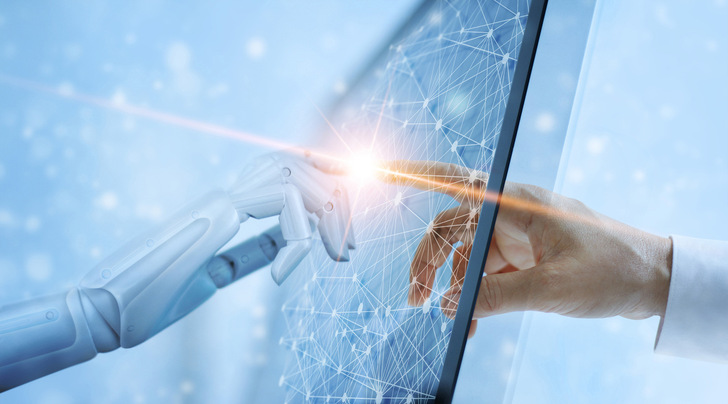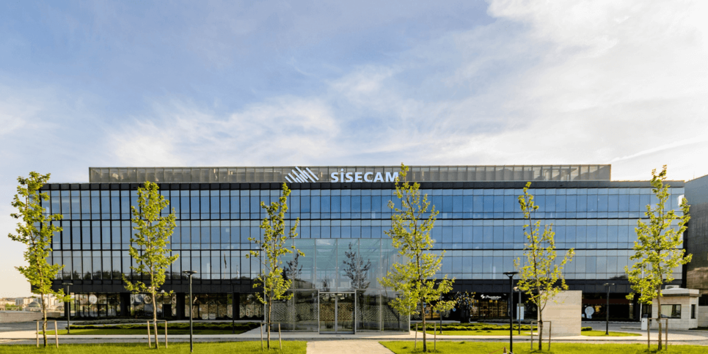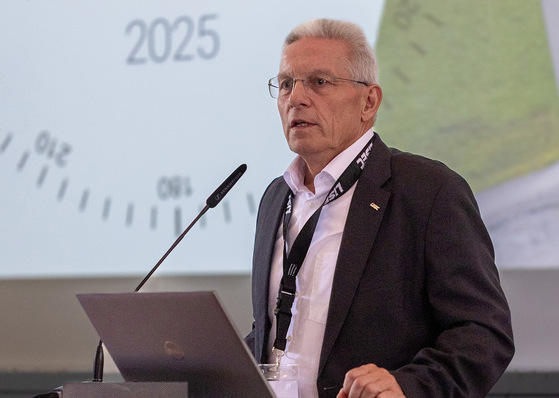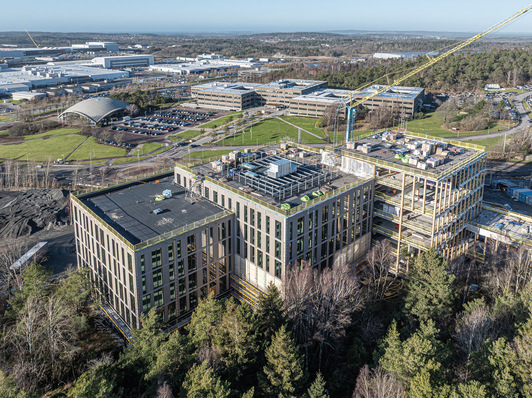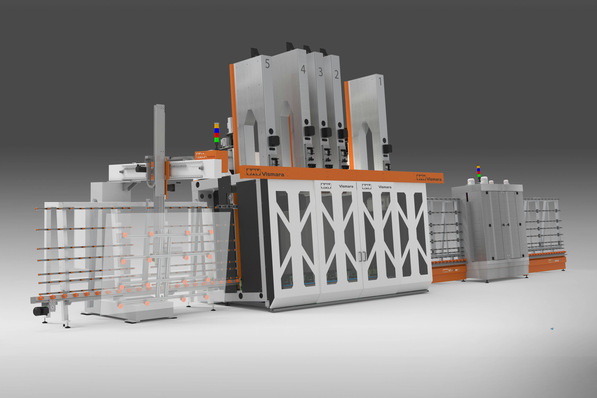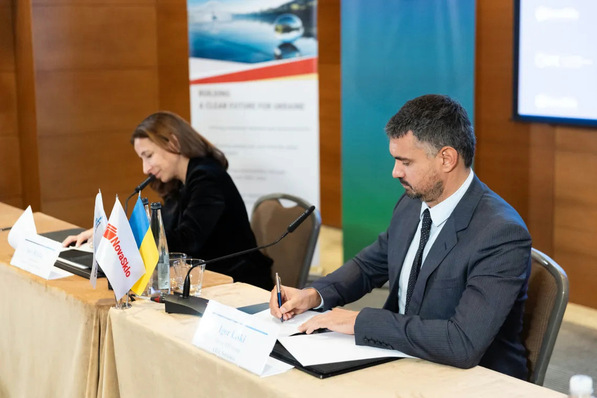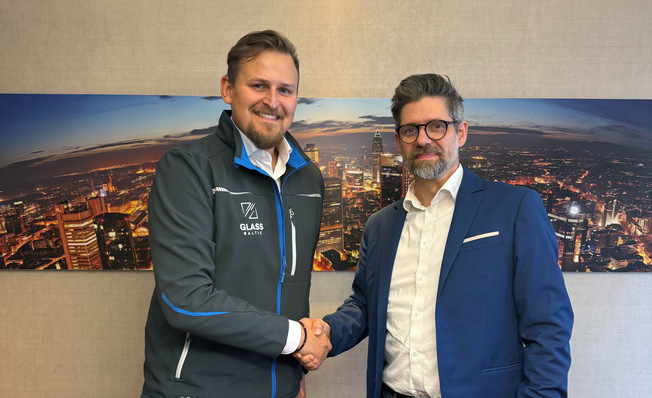gw-news: Mr Fischer, will production change fundamentally in the next five years?
Markus Fischer: Apart from proven process technologies, such as in the insulating glass sector, production processes will certainly move towards full automation in the next five years. This not only brings advantages in terms of more efficient and smoother production: The transparency of the processes will increase significantly and provide a 360° overview on all different production levels. This will not only optimize internal processes - customers will in future be able to monitor the entire progress of their orders online.
One example of the fully automated production of the future must be the significant simplification of the postponement of a delivery date. Similar to changing an appointment in Microsoft Outlook, where all parties involved as well as the booked rooms are automatically informed and rebooked, this must also work in the future with production systems that automatically change to the new delivery date down to the last detail and optimize it by themselves. In future, the system will of course report at this point whether and, if so, where increased costs will be incurred.
gw-news: What are the reasons for this?
Fischer: From a technical point of view, one reason is that although communication with the machine has worked well up to now, the latest developments also allow the machine to feed back feedback to the software. This opens up completely new possibilities and makes it possible to use a machine as an employee equivalent with a far lower error rate and, as a result, increased efficiency and effectiveness. Of course, economic and qualitative reasons can be derived from this, not only for the manufacturer, but also for the customer.
gw-news: What role will software play in the future?
Fischer: Intelligent software is already the link in automation and is necessary to be able to map complex processes economically and cost-effectively. With regard to full automation, the role of the software will certainly become even more central and, in addition to its functionality, it must also ensure intuitive operability and fluent handling for the end user, which can be flexibly adapted according to customer requirements. In the future, the software will independently analyze all data from the orders and compare them with the possibilities, capacities and key performance indicators of the plants.
In short: order data will be fed into the system (automatically or automatically, of course) and the finished product will arrive at the customer just in time. The system takes over all planning and disposition tasks independently and at the best economic conditions. And: All costs incurred are fed back into the system and compared with the original calculation (for this order and customer, for the delivery day...). This ensures appropriate control.
gw-news: What changes during maintenance?
Fischer: Maintenance and servicing are the essential guarantors for a trouble-free and effective operation of the plants and will not be eliminated or replaced in the future. However, we can simplify maintenance. In today's standard there is already a 24/7 hotline, which allows the service technician to connect to the machine online via remote maintenance. The clear objective here is to provide rapid and effective support to the operator in the event of problems.
In the next few years, the machines will check themselves, detect errors and wear at an early stage and report them to the operator in order to prevent the machine from stopping if possible. Maintenance tasks will then be written automatically with explanations in the calendar of the person responsible for maintenance. The machines and systems will therefore communicate with the operator and staff and provide important information independently in good time. First steps in artificial intelligence.
gw-news: How can processors benefit from digitalization, what are the costs, where are the dangers?
Fischer: Processors can only benefit from automated production and digitization if they can operate the systems simply and intuitively. There will still be production facilities where there are no fully automatic machines and they are not necessary. This particularly affects companies in the craft sector.
Full automation will primarily find its way into industrial production facilities, because automation affects the entire infrastructure and therefore costs can be reduced effectively and the advantages of digitalization can be exploited.
The interview was conducted by Matthias Rehberger, Head of content gw-news






